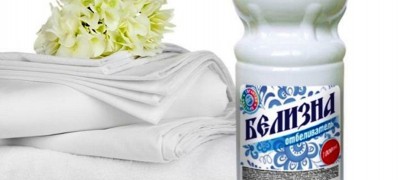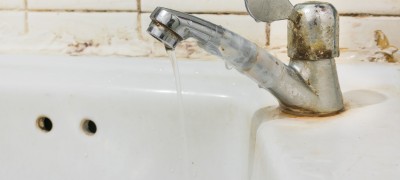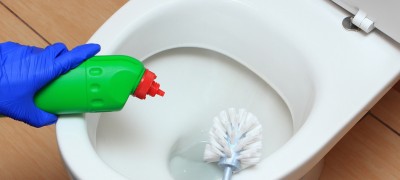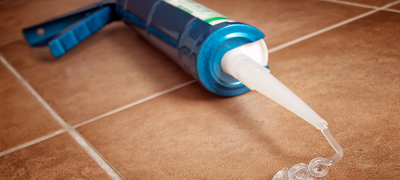We launder soot, fumes and soot with various means
Soot and soot are caused by various factors. This can happen due to the operation of the furnace, fires, gas exhaust. It is very difficult to get rid of dark stains on clothes, skin, walls because of the adhesive base. Today we have to learn how to wash soot at home.
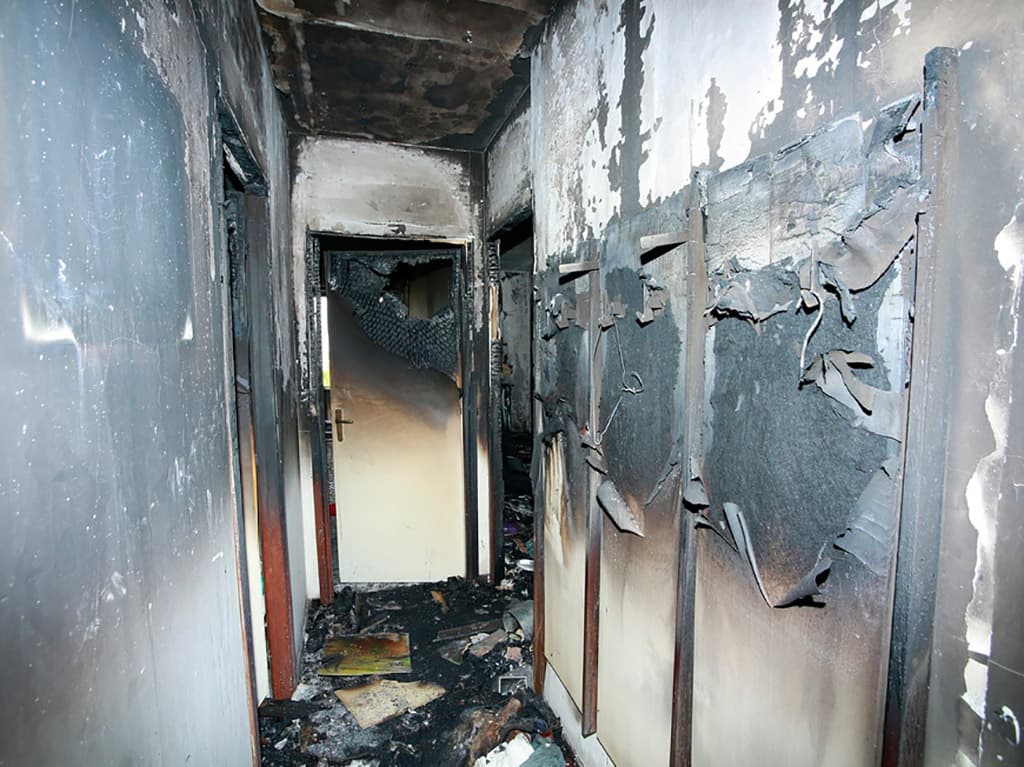
How and what can you wash off soot
Firefighters will help to cope with the fire, but the owners have to wash their homes on their own. This will not be shown on TV, chemical agents are quite expensive and will not work for a large hearth. Folk life hacks, which have been used for more than one century, can help.
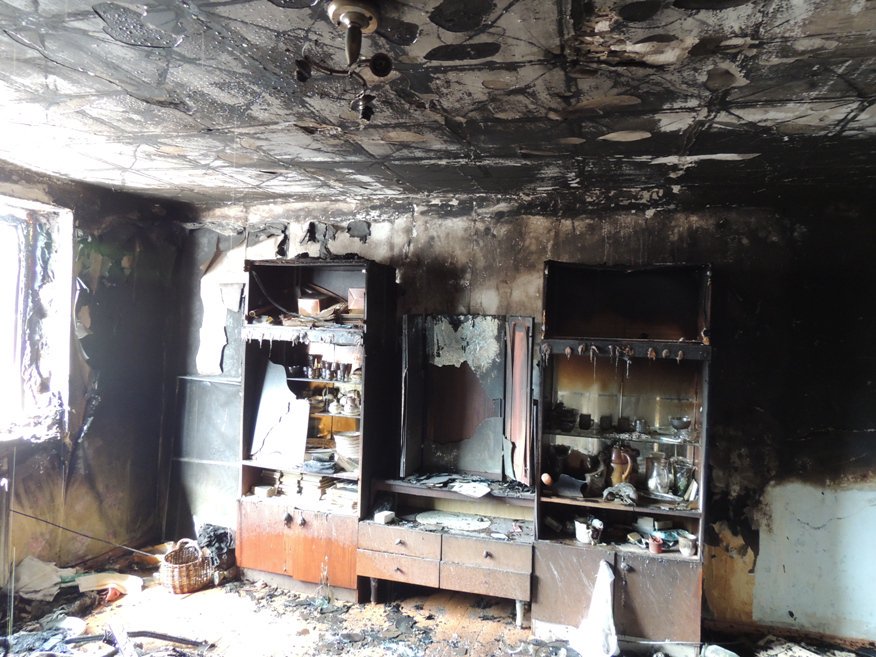
After the fire from the walls
Soot and soot are corrosive substances that penetrate the texture. After a fire, first of all, you need to clean the walls of old wallpaper and putty. There is no point in washing these materials, as black bloom "permeates" the texture.
Much also depends on the nature of the fire. Soot is burnt material. If the plastic burned, it will be a sticky and viscous mixture that can only be removed with manual stripping. This means that the walls will have to be redone again, since no means can remove the sticky plaque.
If a tree was on fire, then only the top layer of wallpaper can be removed from the walls. Treat them with a soil solution.

It is important to remember that there are several types of soot and soot to be aware of:
- Dry.
- Bold.
In the first case, it will be enough to simply dry clean the premises. Soot and soot are easily separated from objects and there will be no problems with cleaning. If the plaque is oily, then here you will have to resort to strong means and remove the old coating.
From metal
If the soot and soot are fresh, then it is removed with a coarse sponge and clean water. If the substance has long been absorbed into the surface and formed a double crust, then the following solution will have to be made:
- Several packets of citric acid are poured into 1 liter of warm water.
- The solution is poured into a spray bottle.
- Then the entire surface is processed.
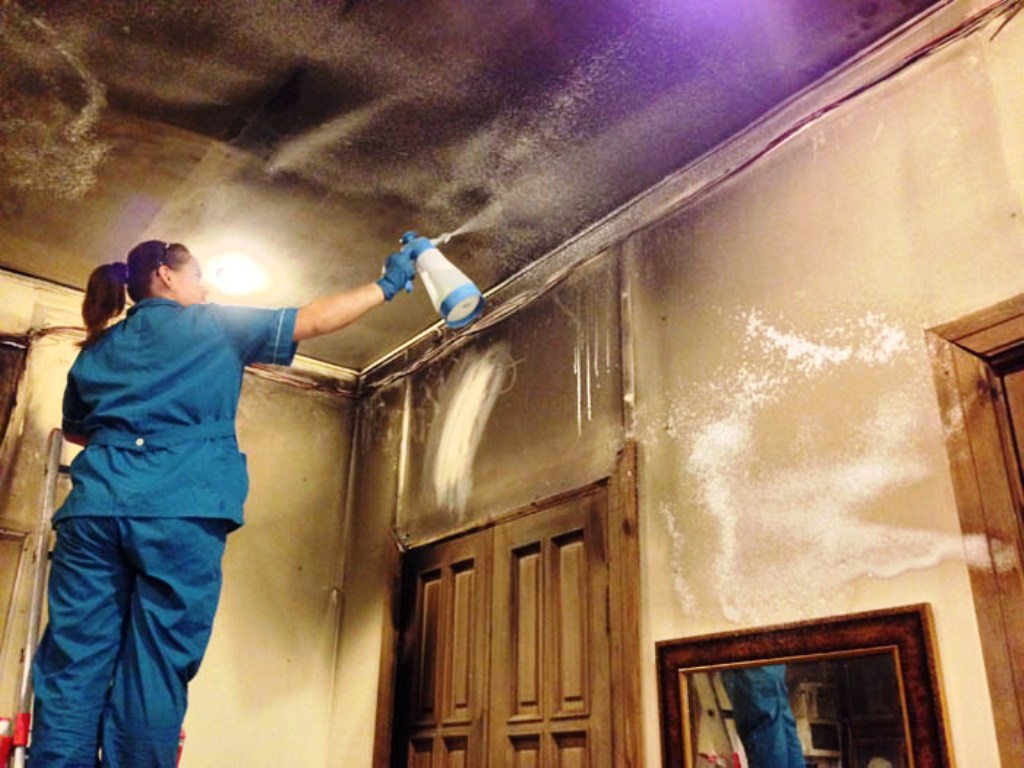
Be sure to wear a protective mask and gloves, as acid drops can get into the face and skin. After processing, you need to wait a little while the solution is absorbed into the soot and softens the base. The problem with old soot is that there is a dry layer at the top that can be easily removed with a sharp object, and a greasy layer at the bottom. If the case is neglected, you will have to remove the soot in layers, i.e. in stages.
How to remove soot from clothes
One of the most effective ways is to use a small amount of kerosene. Clothes are straightened, laid out on a flat surface. A small cotton pad or sponge is taken, moistened with a few drops of kerosene.
After that, it is necessary to process the places that were stained with soot. After processing, the item is sent to the wash with detergent. It is advisable to wash by hand, as the drum may smell like kerosene for some time.
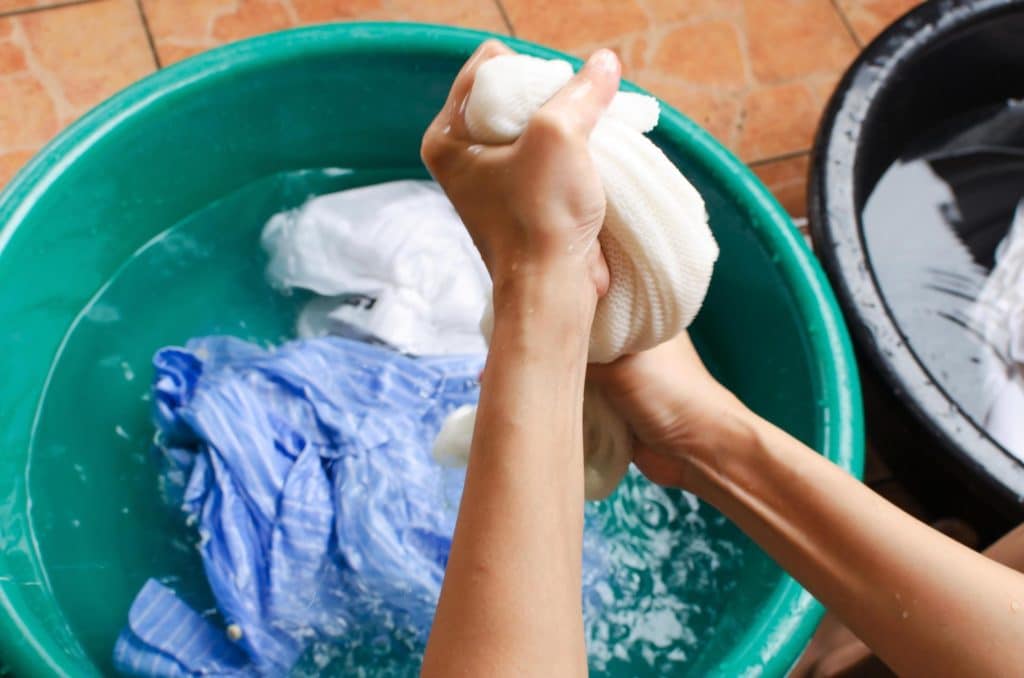
Important! If the stain is large, it is advisable to soak the clothes in warm soapy water after the kerosene treatment for several hours.
Soot remover
If you plan to clean the chimney from soot, you can use a specialized tool. The following are distinguished from chemical reagents:
- Smoke "Ecolize" - available in granules and in the form of logs. Gives a cumulative effect, easy to use. The box with the product is simply put into the firebox and burns along with the logs.
- Chimney sweep from "Poleshko" - ideal for boiler furnaces.
- "Kominicek" - will help get rid of carbon deposits.
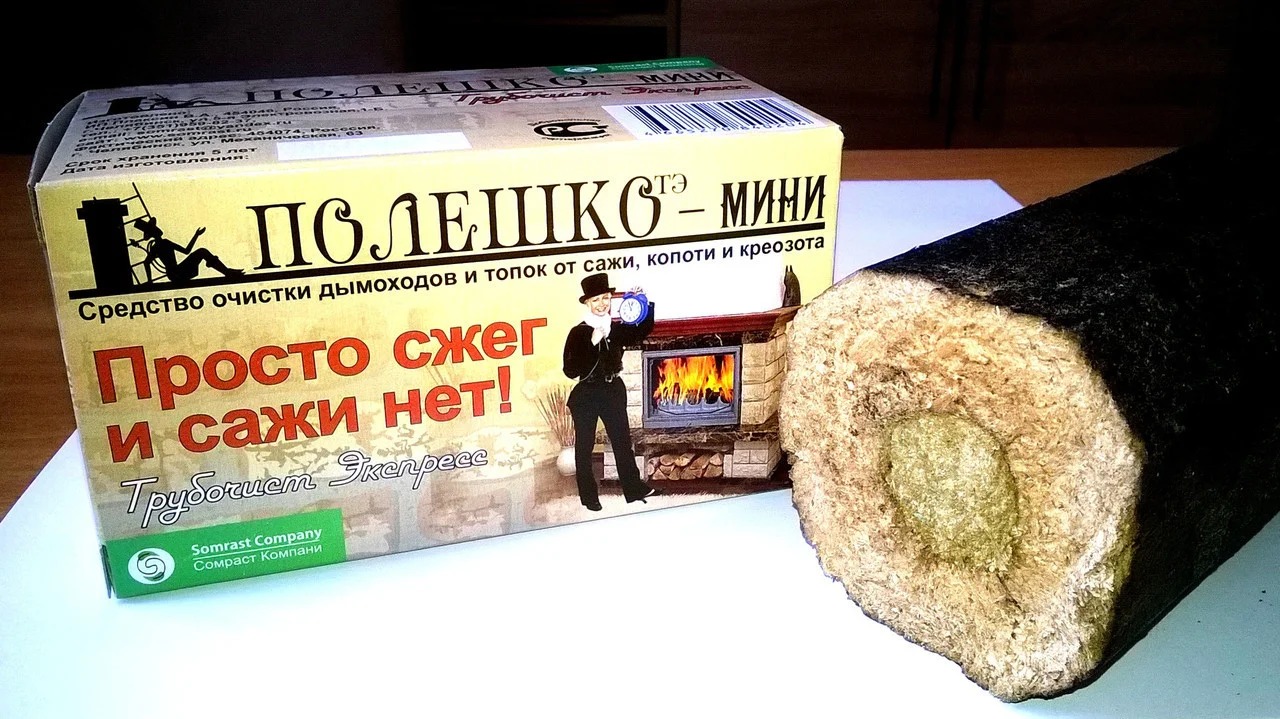
As for folk remedies, here you can also find effective methods of dealing with soot, soot and soot:
- Add table salt to the fire - chloride vapors have a positive effect on cleaning from a small amount of carbon.
- Add potato skins to the fire - if the oven is large, you can add a whole bucket.
- Hot water - when the stove is burning, water is poured into the chimney. 5 liters is enough to clean a heavily clogged chimney.
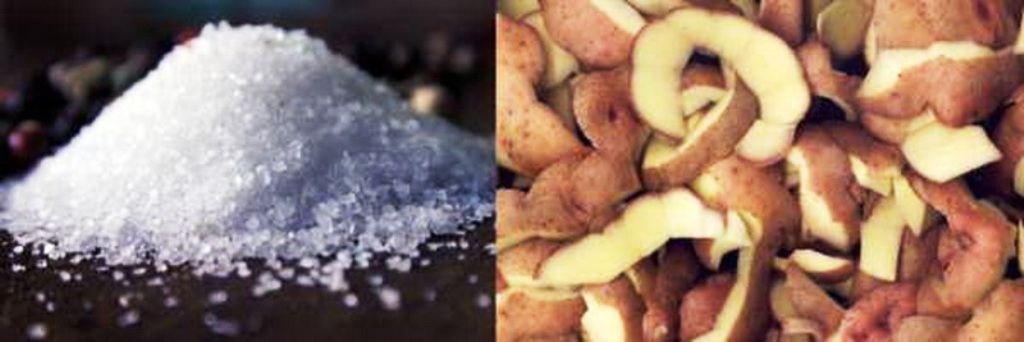
You can find an option on the web to burn off soot with a fire, but raising carbon is not a good idea after a fire. The method, although effective, is very dangerous. Today, you can use equally safe means to help get rid of the unpleasant accumulation of soot without using a gas mask.
In the bath with home remedies
With constant use of the bath, a large amount of soot, soot and other unpleasant substances accumulates on the walls of the room. To get rid of them, you need to make an effort or use the already proven folk ingenuity.
How to wash soot and soot in a bath with home remedies:
- First, the entire surface of the room is cleaned with a broom or vacuum cleaner.
- A special sponge is purchased, which is impregnated with a chemical mixture. These have been produced since the times of the USSR.
- After dry sponge treatment, the room can be washed in the usual way.
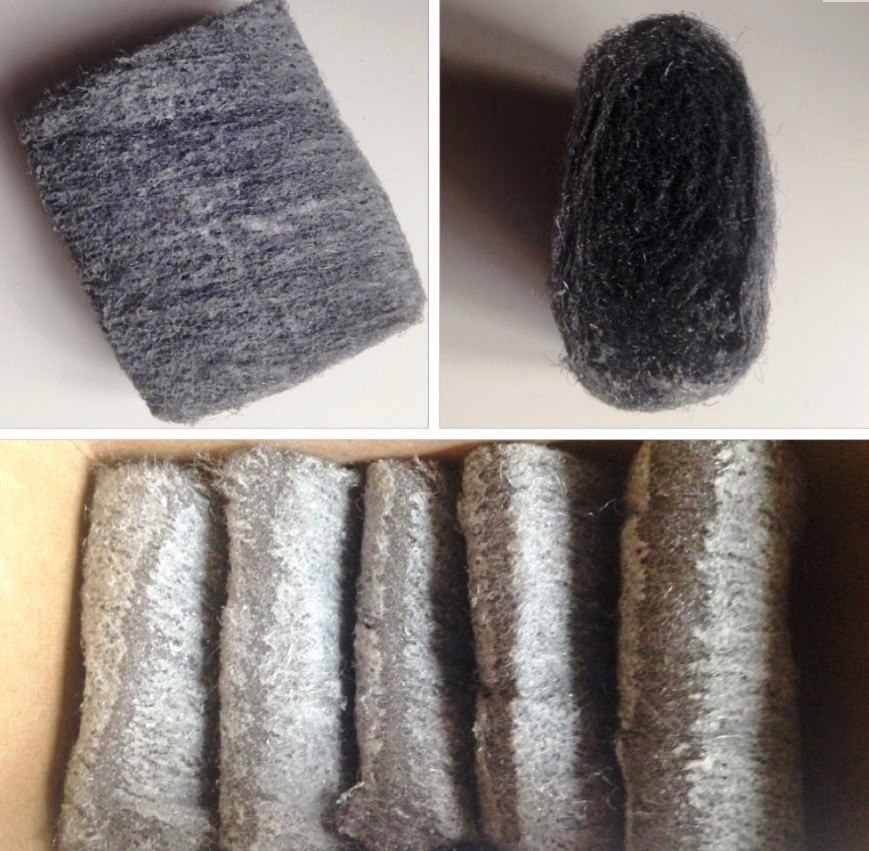
If carbon deposits are difficult to remove, you can use a degreaser. Mostly in the baths, firewood is burned with an increased concentrate of oils. Therefore, it is very difficult to do without this tool. Even simple alcohol can be suitable as a degreaser, you must definitely use a respirator.
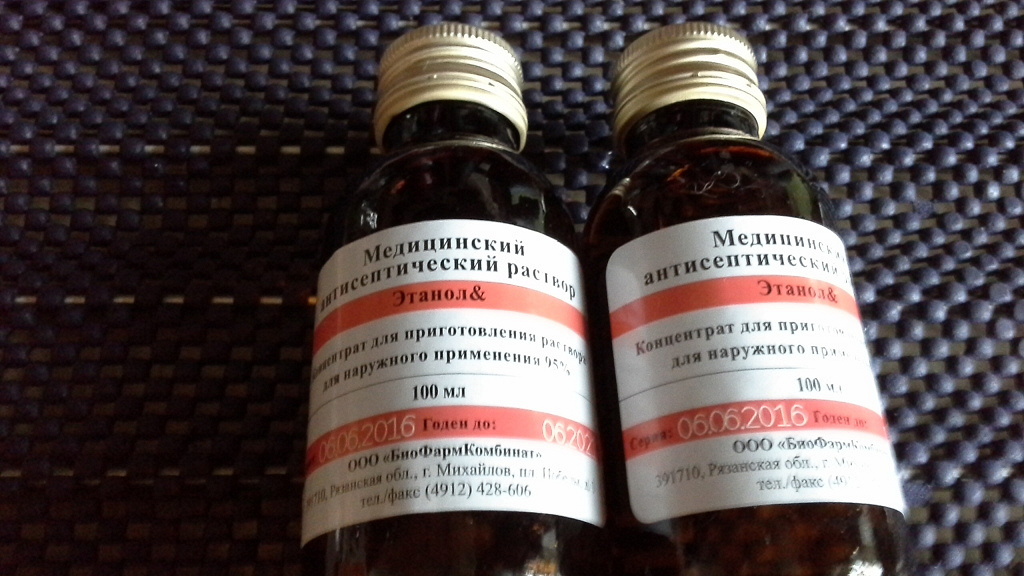
By the way! In order not to face the problem of running soot in the future, it is advisable to regularly disinfect the premises. This can be done using the usual means - Supi Saunapesu.
How can you dissolve soot
When working with soot and soot, it is important to remember that it is strictly forbidden to rub the remains of burning.
Why:
- The affected area is increasing.
- The problem is aggravated - dry residues are mixed with sticky ones, it is very difficult to get rid of a large amount of oily soot.
Good dissolving agent:
- Dissolve a package of soda in 10 liters of warm water.
- Add a small amount of dish soap.
- Treat the affected area.
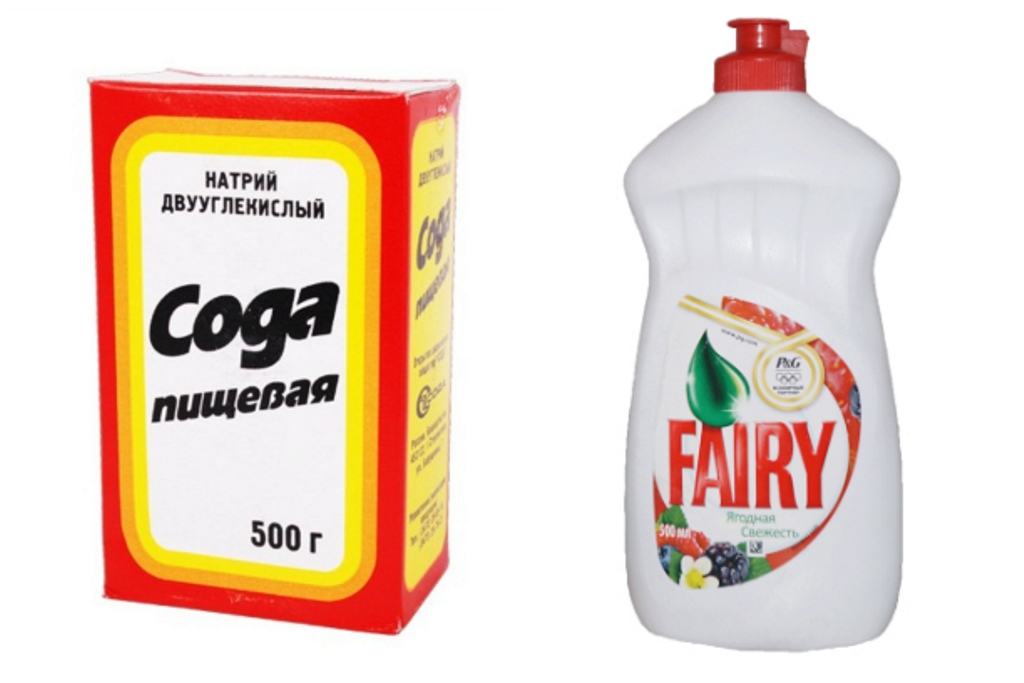
Plastic bags, glass - the simplest detergent for washing such materials perfectly dissolves on such surfaces. It is imperative to do dry cleaning before using a chemical folk remedy.How to clean up soot and fumes after a fire can be found in any hardware store.
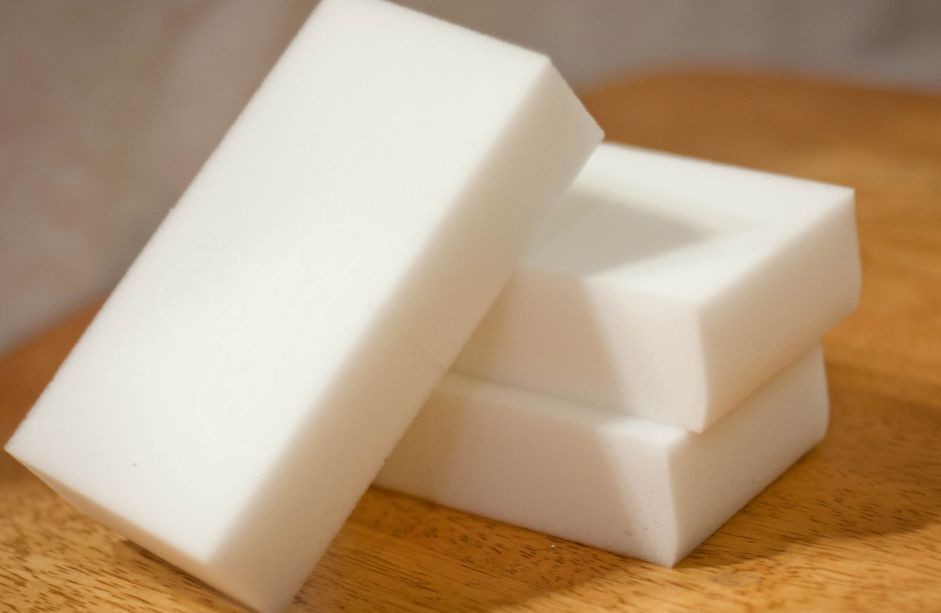
How to wash off your hands
Wear good rubber gloves when handling soot. Soot, soot, combustion products have a negative effect on the skin. Moreover, it is very easy to introduce infection during harvesting.
Small particles penetrate into every fold of the skin, so it is almost impossible to clean your hands with simple soap.
What to do:
- We soften the soot - soak our hands with plain sunflower oil. Small particles rise upward for better cleaning. After that, you can safely wash your hands with ordinary laundry soap. If it did not work the first time, it is recommended to repeat the procedure.
- The second option is more suitable for rough male hands. If there are no wounds, and allergies are not characteristic, you can treat your hands with a small amount of vinegar.
- In field conditions, when the above substances are not at hand, plain ash can be used.
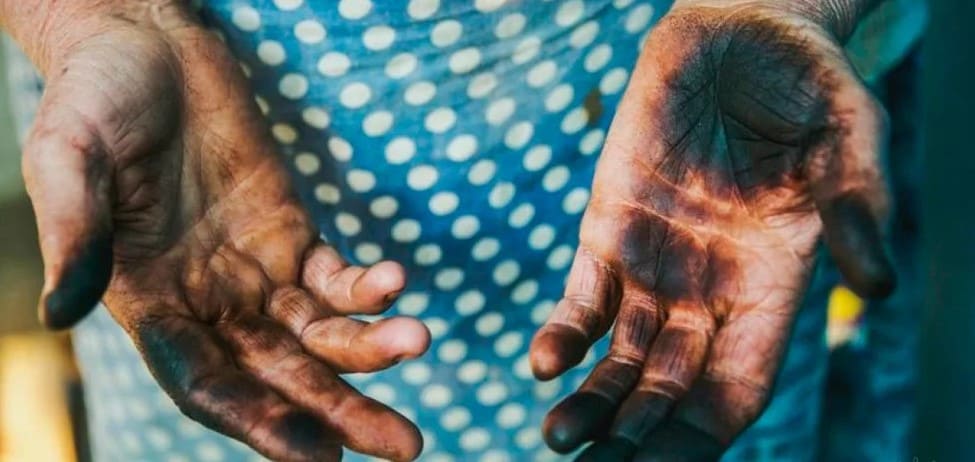
As for chemical and modern means, "Bitumaz" is good for cleaning the skin. Concentrated product based on natural ingredients. Be sure to use a regenerating hand cream after the procedure. Severe dryness is felt after handling soot.
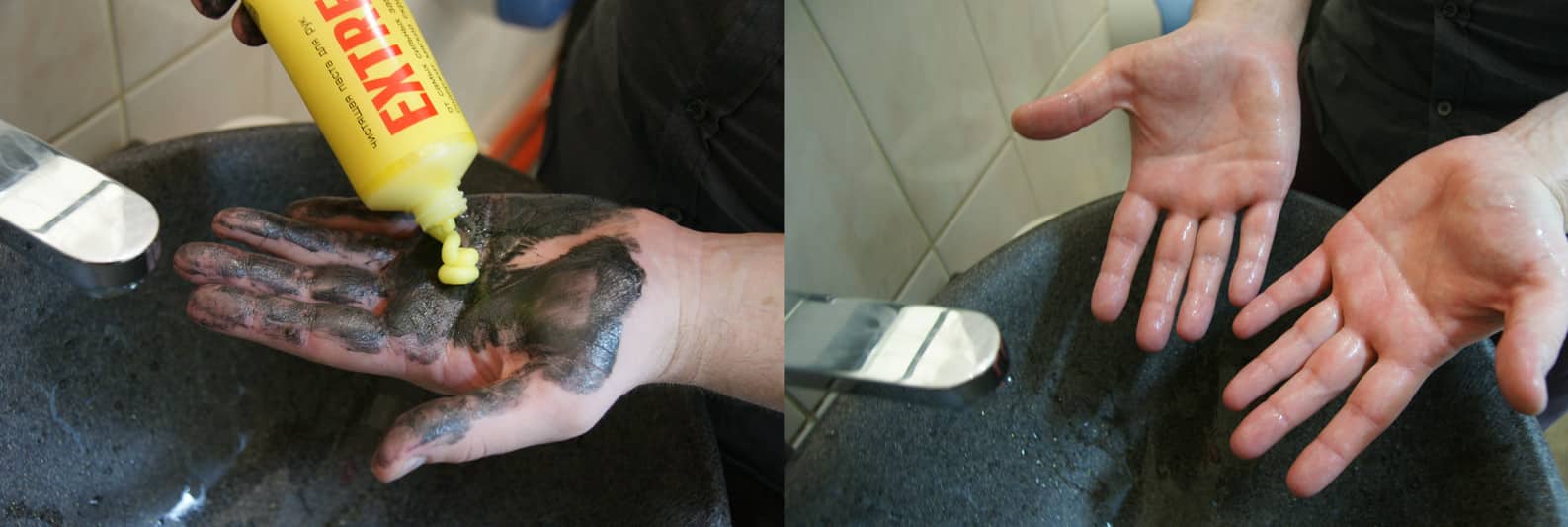
How to wash the soot
If soot is what has already settled on walls, clothes, windows after a fire, then soot is still in the air. It is easier to clean than greasy soot, however, you can face difficulties here too. How to wash the soot can be found below.
Soot remedy
The smell of soot is the first thing that will haunt the owners of the premises in which there was a fire. Therefore, you will have to fight not only with the visual component - blackness, but also with the very remnants of combustion, which linger in the air for a long time.
One of the best products is SYNTILOR Fuoco. How it differs from the rest:
- Any surface can be processed - metal, walls, glass, wooden surfaces.
- Concentrated - enough for a large area.
- There are no harmful substances in the composition that could harm the respiratory system.
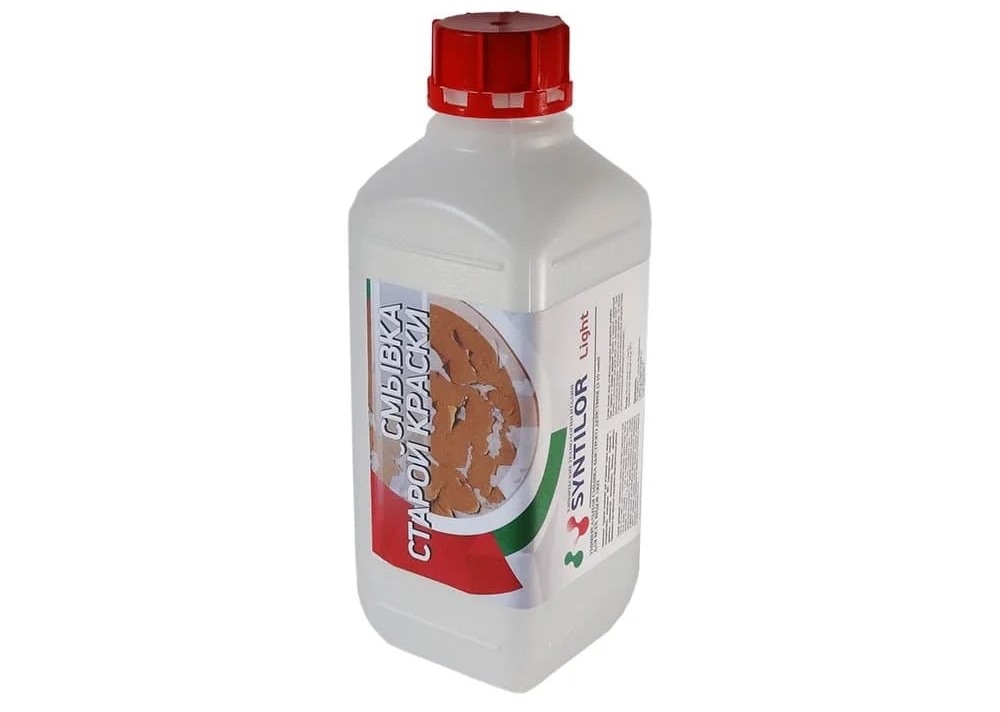
How black soot is treated:
- Through a high-pressure apparatus - cleaning companies often use the product.
- With a brush or roller - you can find it in any hardware store. Instructions for this use are on the label.
- By immersion - most often this method is used to process small metal parts.
When using this product, be sure to wear gloves and safety glasses.
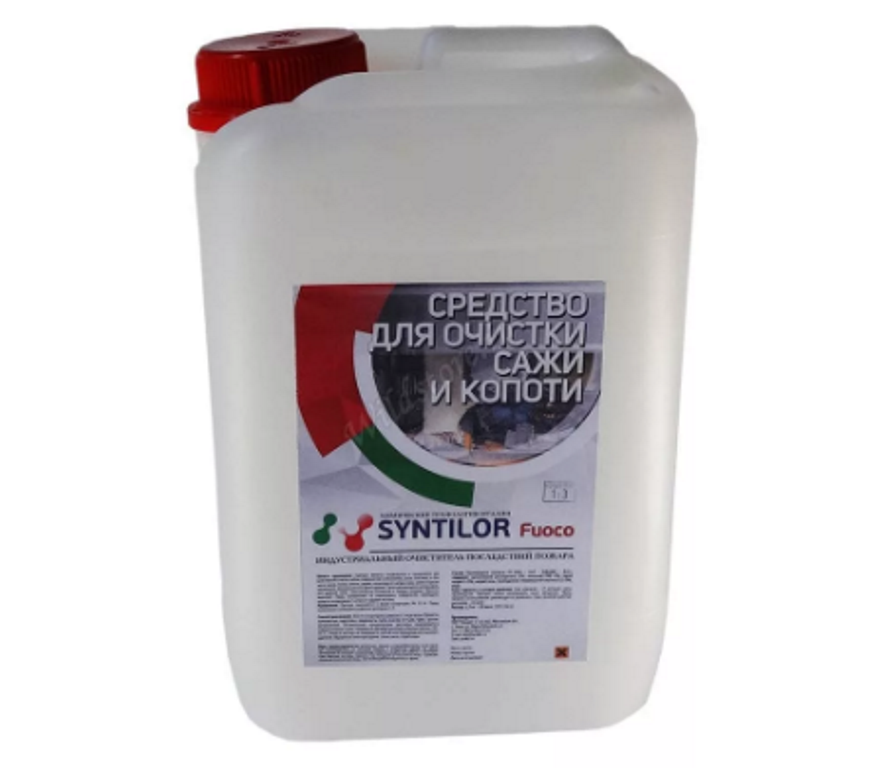
After the fire
Most often, soot after a fire collects on the walls and ceiling. The first thing to do is clean up. The particles are very small, easily penetrate the cracks, and are well removed with an ordinary vacuum cleaner.
The fastest way to remove black plaque and odor is to contact a specialized company. If there is no way to do this, you can resort to folk methods:
- If you have old wallpaper, you must definitely remove it.
- Greasy soot and soot are removed with a chemically impregnated sponge - available in all hardware stores.
- Metal parts, wooden formwork - processed using the above described means.
Soot-soaked curtains, covers and fabrics do not need to be thrown away. They are easy to wash by adding SYNTILOR Fuoco Concentrate and dish detergent.
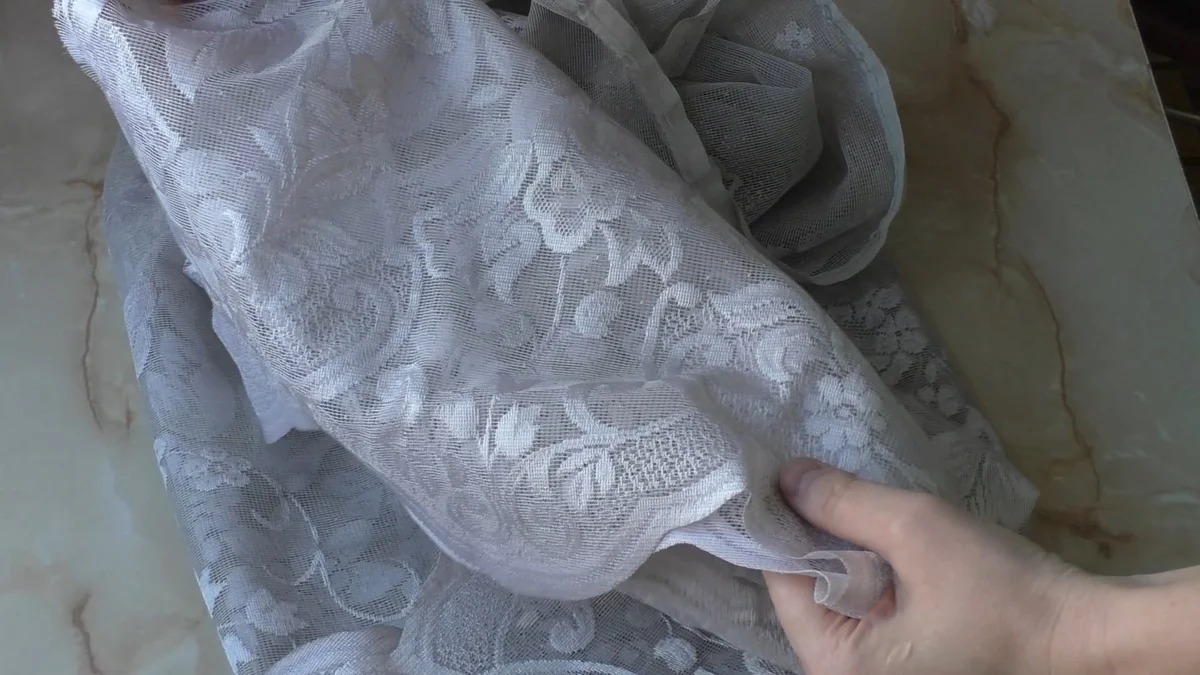
Important! The longer the soot and soot remain on the surface, the more difficult it is to remove plaque. It is necessary to clean up after a fire immediately.
From plastic and walls
One of the best means to combat soot and soot is Moreman. The product is produced in Spain, is inexpensive, and has a large number of positive reviews. The main thing is not to rub the plaque on the plastic, as it easily eats into the texture. Most often, window frames and window sills are washed; a simple glass cleaner can easily be used to degrease the surface.
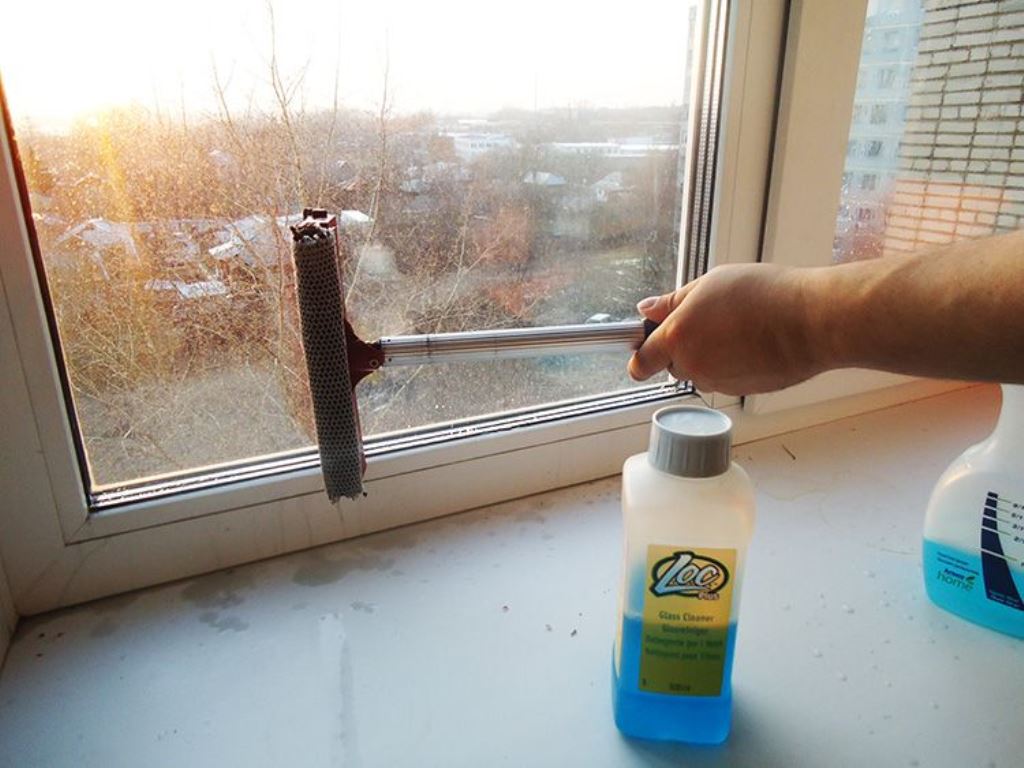
As for the walls, if they are made of bricks, the following mortar can be used:
- For 5 liters of water, add 100 ml of vinegar.
- The surface is impregnated with the solution and left for several hours.
- After that, a new solution is made and the surface is cleaned with an ordinary brush.
For these purposes, you can use a small amount of ammonia. But the usual whitewash from the walls is cleaned with simple ethyl alcohol.
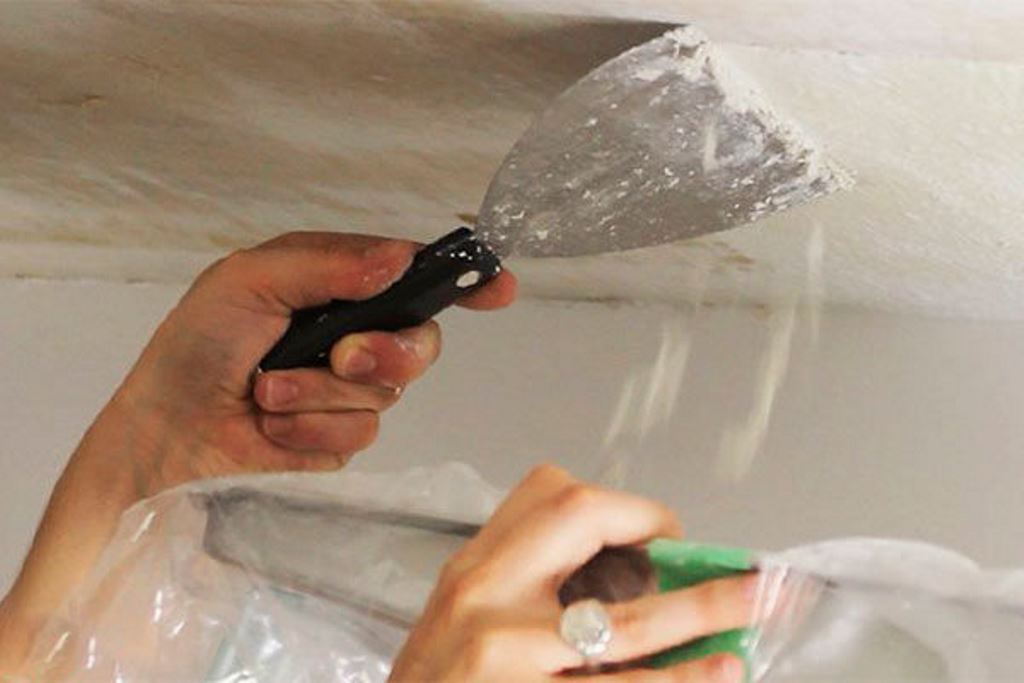
How to wash vegetable oil (+ sunflower oil)
Most often it is necessary to wash the vegetable oil either from the tiled sleeve or from the clothes. For the first case, the following is ideal:
- Soda is a natural product, not as harsh as a regular cleaning product. A small amount is applied to a damp sponge, after which it is rubbed into the surface in a circular motion.
- Any fat solvent - usually sold with a spray bottle.
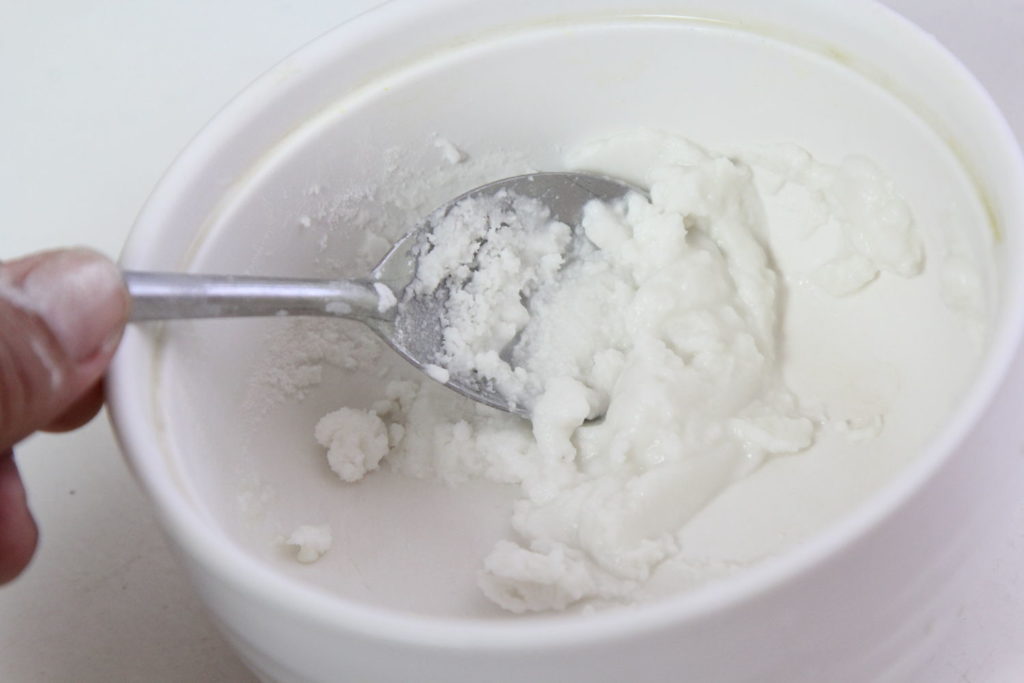
If oil is spilled on the floor:
- Collect residues with a dry sponge.
- Make a soapy solution - it is advisable to use regular laundry soap.
- Wipe the floor with a mop.
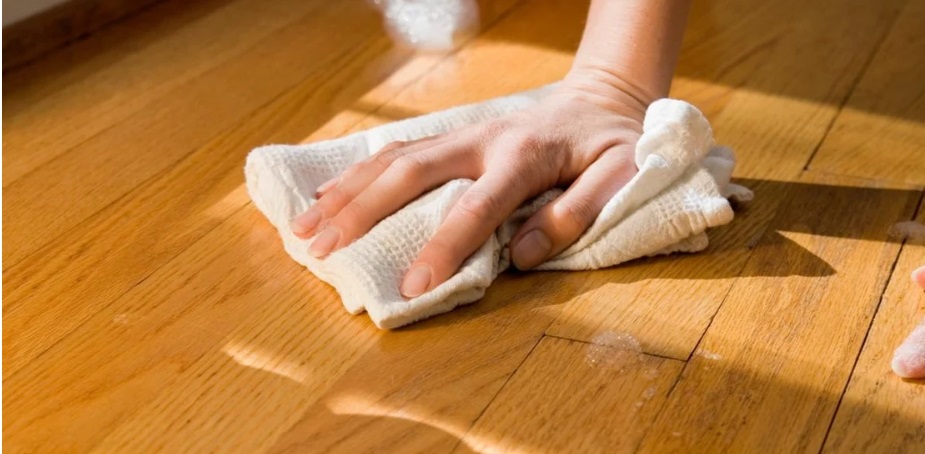
If the oil gets on your clothes, then the main thing is to immediately start removing it. Old oil stains are almost impossible to remove.
What to do:
- Add a few drops of detergent to the stain. Then send it to the washing machine.
- Sprinkle salt on the stain - an option suitable for those who are outdoors or in a cafe. The salt will absorb most of the oil, after which the garment can be washed with a little regular soap.
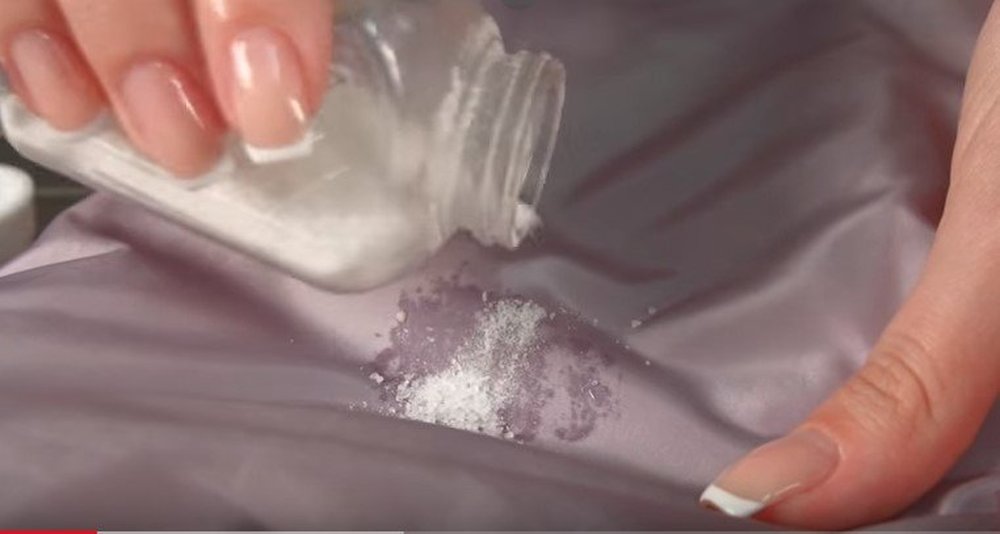
It is better to remove oil from white things using starch. A small amount is added to the stain, after which the item is washed in soapy water. It is better to do this until the oil is completely absorbed and dries.
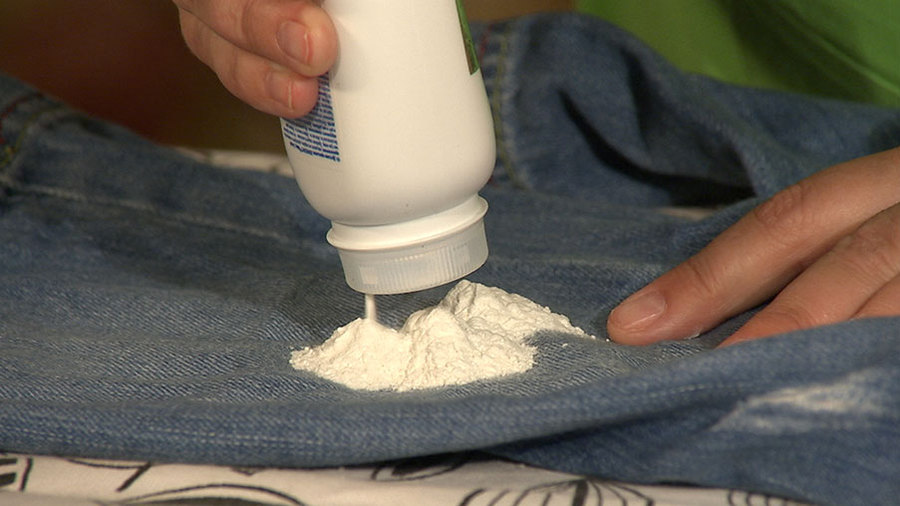
How to wash away fumes and brilliant green
Zelenka is a useful but caustic substance. Skin is easiest to clean with plain rubbing alcohol or even makeup remover. As for clothes, you can wash it with chlorhexidine; it is sold in any pharmacy at an affordable price.
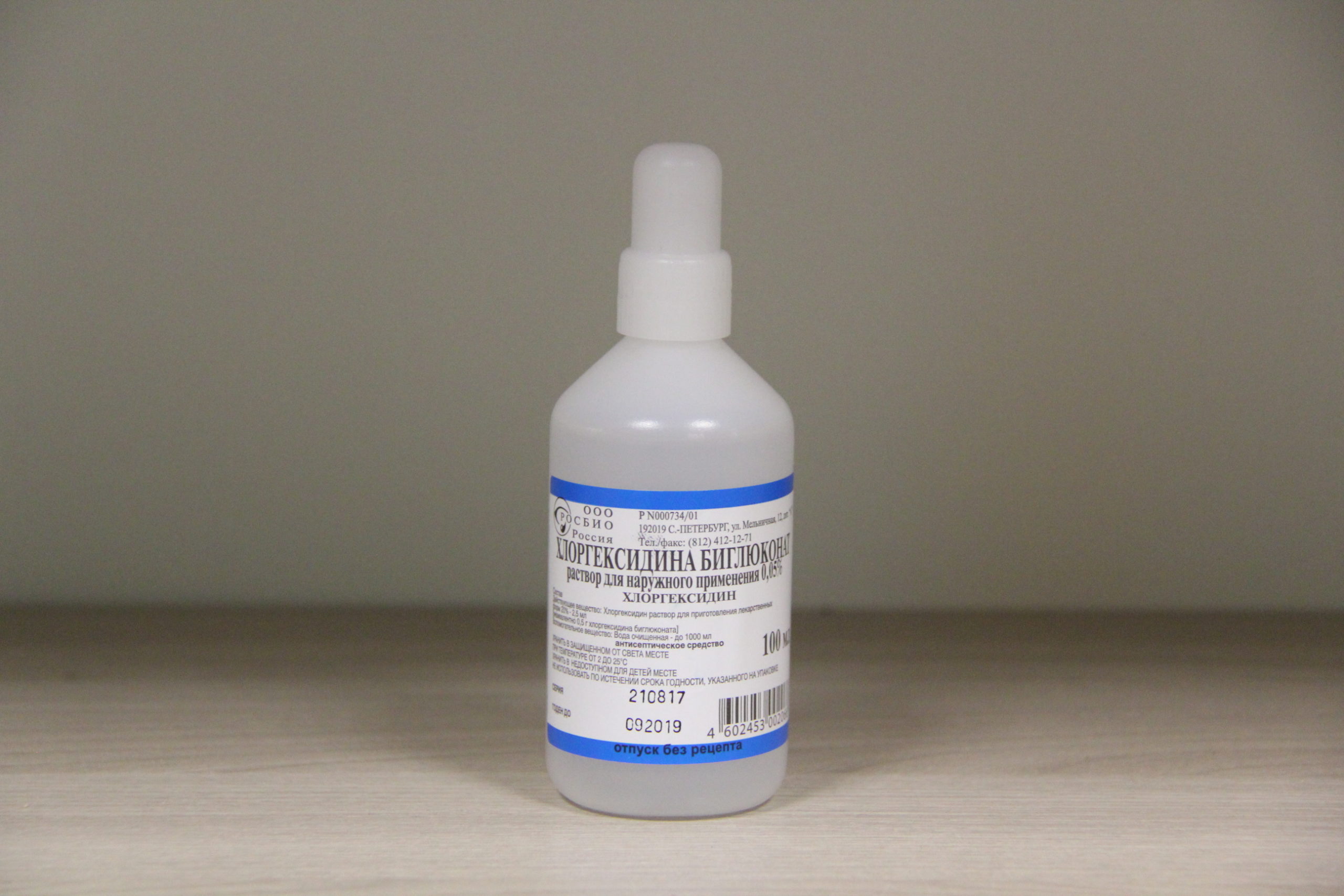
It is easy to wipe away fumes from clothes using kerosene. A small amount is applied first to the sponge, then a dark place is wiped. After that, be sure to immediately wash the thing in soapy water.
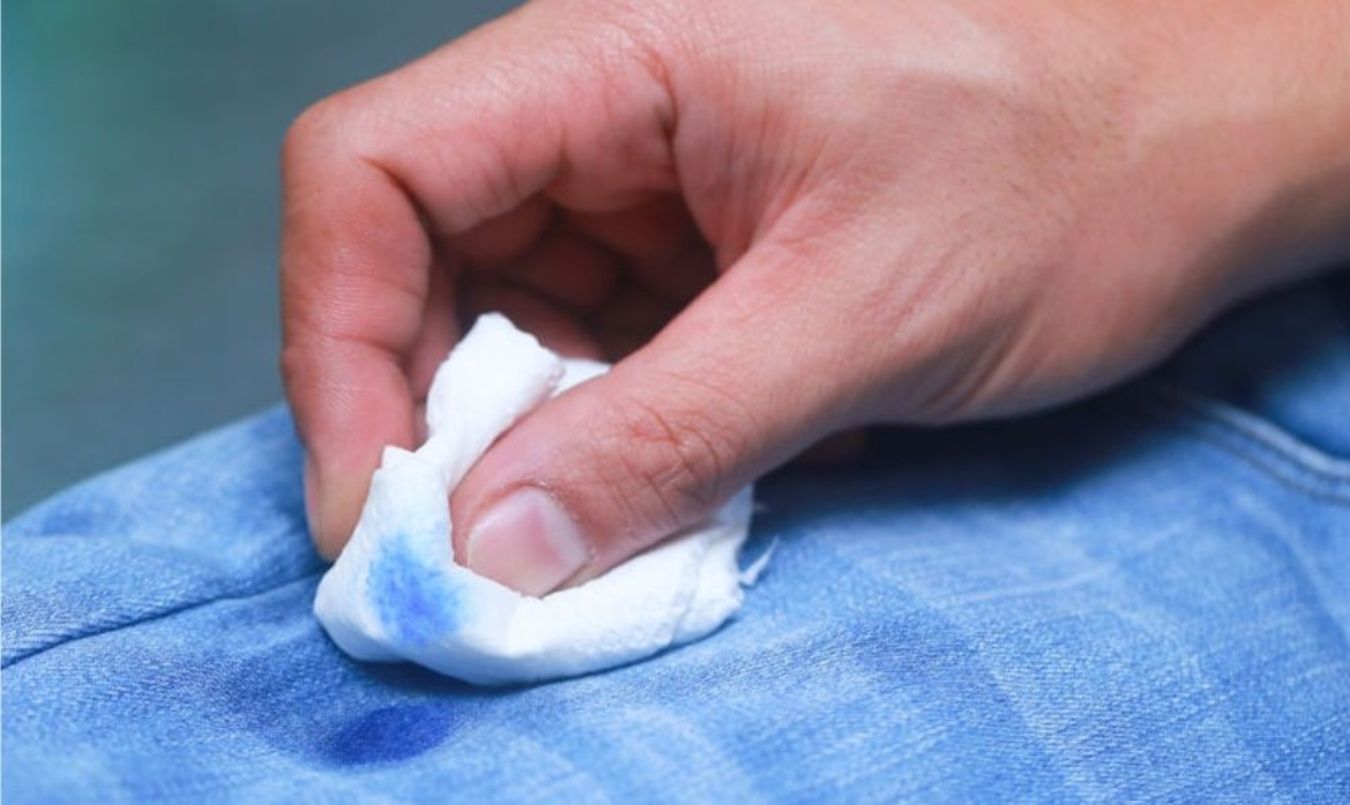
Long practice has shown that it is best to wash out fumes, soot and soot right away. The longer the substances and products of combustion remain on the surface, the more difficult it is to clean. The fastest way to get rid of the problem is with the help of modern chemical compositions.
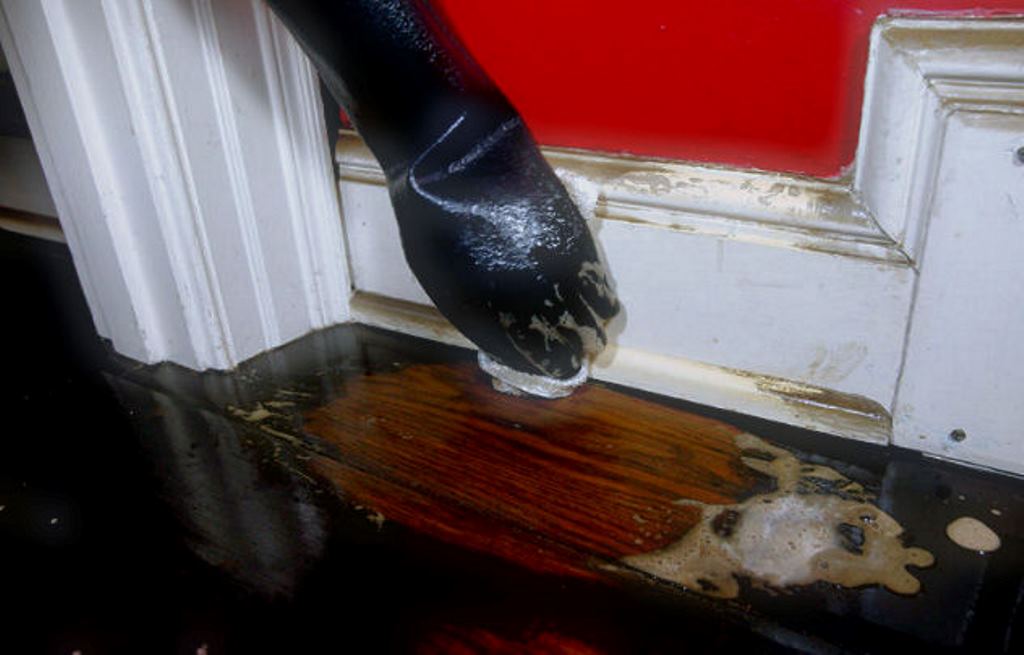
VIDEO: Do-it-yourself soot remover.
